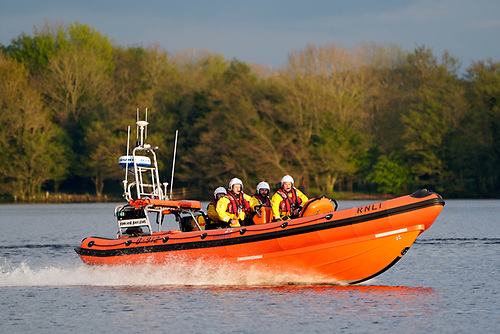Displaying items by tag: Richard Tudor
Richard Tudor RIP
His many sailing friends on both sides of the Irish Sea have been saddened to learn of the death of Richard Tudor of Pwllheli, an inspirational figure in sailing and across a wide spectrum of interests in boats.
He was a former Commodore and dedicated committee member of Clwb Hwylio Pwllheli Sailing Club for many years, and among many other successful experiences, he was a round-the-world yachtsman.
A dedicated Irish Sea Offshore Racing Association participant, in 2021 he received the CHPSC Lifetime Achievement Award.
Our condolences are with his family, his many shipmates and his wider circle of friends.
Pwllheli Sailing Club Honours ISORA Mainstay Richard Tudor With Lifetime Contribution Award
A Welsh sailor with a longtime connection to offshore racing in the Irish Sea has been recognised by his home club with a lifetime contribution award.
Richard Tudor was presented with the accolade recently at a special function hosted by Pwllheli Sailing Club, which has posted a glowing tribute on its website.
A fixture on the ISORA calendar, most recently in the J125, Jackknife — and a former champion in the J109, Sgrech, too — Richard has been a part of Pwllheli’s club since its first clubhouse, after a childhood growing his love of the water under the tutelage of Gwyndaf Hughes.
Sailing also runs in the family, with his father Huw serving as Pwllheli’s commodore for a time and his brothers Andrew and Stephen also keen helmsmen.
Richard sailed his first ISORA in 1976, and his first Fastnet Race in 1977 — the beginnings of a decades-long connection with Ireland’s offshore sailing scene that continues to this day. Pwllheli Sailing Club has much more HERE.




























































